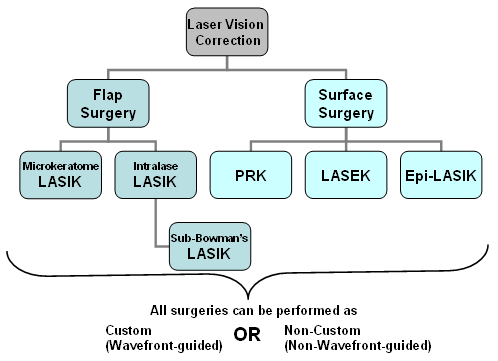Considering SMILE Surgery? Discover Vital Factors To Consider And Understandings To Help You In Making An Experienced Decision About Your Aesthetic Leads
Considering SMILE Surgery? Discover Vital Factors To Consider And Understandings To Help You In Making An Experienced Decision About Your Aesthetic Leads
Blog Article
Personnel Author-Clay Storm
If you're considering SMILE eye surgery, ponder this: are you prepared to embrace potential visual liberty, or does the thought of any type of threats make you wait? Your choice will certainly rest on a careful equilibrium of evaluating the advantages against the uncertainties. It's vital to dive deeper into the subtleties of SMILE surgical procedure to make an informed selection that straightens with your aesthetic goals.
Understanding SMILE Eye Surgical Treatment
When thinking about SMILE Eye Surgical procedure, it's important to understand the treatment and its advantages. SMILE, which represents Tiny Laceration Lenticule Removal, is a minimally intrusive laser eye surgical procedure that remedies common vision troubles like myopia (nearsightedness).
Throughout the treatment, your eye specialist will use a femtosecond laser to develop a small incision in your cornea. Through this incision, a tiny disc of tissue called a lenticule is gotten rid of, reshaping the cornea and remedying your vision.
Among the essential advantages of SMILE Eye Surgical procedure is its fast healing time. https://www.faketeams.com/2020/8/24/21400014/new-orleans-saints-fantasy-football-team-preview-drew-brees-michael-thomas enhanced vision within a day or 2 after the treatment, with minimal discomfort.
Furthermore, SMILE is known for its high success rate in giving long-lasting vision adjustment. Unlike https://lasik-surgery-near-me95173.newbigblog.com/35202917/take-advantage-of-specialist-guidance-on-post-lasik-eye-like-boost-your-recovery-journey-and-maximize-long-lasting-vision-health , SMILE does not call for the creation of a flap in the cornea, minimizing the threat of problems and enabling an extra steady corneal structure post-surgery.
Understanding the treatment and its advantages is vital when taking into consideration SMILE Eye Surgery for vision modification.
Pros and Cons of SMILE
Thinking About SMILE Eye Surgical treatment for vision adjustment comes with different advantages and prospective disadvantages.
Among the major pros of SMILE is its minimally invasive nature, as it entails a tiny laceration and commonly results in fast recuperation times. The procedure is likewise known for triggering very little pain and dry eye signs post-surgery contrasted to various other vision adjustment methods. Additionally, SMILE has actually been revealed to give outstanding aesthetic end results, with numerous patients attaining 20/20 vision or better.
On the other hand, a potential con of SMILE is that it might not be suitable for individuals with extreme refractive errors, as the treatment range is somewhat limited contrasted to LASIK. Another factor to consider is that the learning curve for cosmetic surgeons applying SMILE can affect the availability of seasoned companies in specific areas.
It is necessary to evaluate these advantages and disadvantages thoroughly when determining if SMILE is the best choice for your vision modification demands.
Determining Qualification for SMILE
To identify if you're eligible for SMILE eye surgical procedure, your ophthalmologist will carry out a detailed analysis of your eye health and vision demands. During this assessment, variables such as the security of your vision prescription, the thickness of your cornea, and the overall wellness of your eyes will be evaluated.
Normally, prospects for SMILE are over 22 years of ages, have a stable vision prescription for a minimum of a year, and have healthy corneas without problems like keratoconus.
Your ophthalmologist will likewise consider your general eye health, any kind of existing eye problems, and your way of life needs to identify if SMILE is the right option for you. It's essential to interact any particular visual needs or problems you might have during this examination to guarantee that the therapy aligns with your assumptions.
If you aren't qualified for SMILE, your ophthalmologist might recommend different vision adjustment alternatives that better fit your specific needs and eye health condition.
Conclusion
Inevitably, making a decision whether SMILE eye surgical treatment is right for you requires mindful consideration of your private eye health and wellness and visual requirements. Consult with your ophthalmologist to determine your eligibility for the procedure and weigh the possible benefits and downsides. Keep in mind to communicate any kind of worries or inquiries you might have throughout the evaluation process to make an educated decision about your vision adjustment choices.
